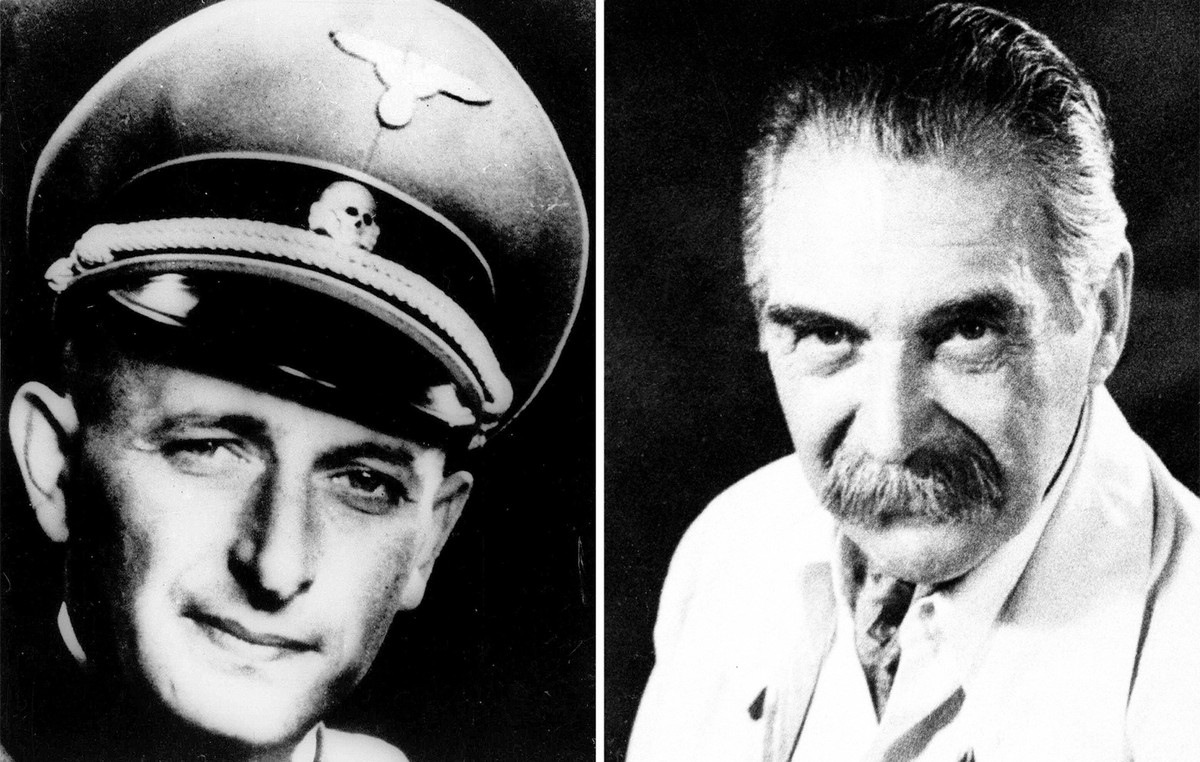Hospital workers can hear up to 1,000 alarm beeps per shift , according to a study carried out at the University of Chicago. The amount of “whistles” can cause a sensory overload in health professionals capable of generating harm to health It is even death of patients.
The high number of false alarms can lead to “alarm fatigue”, a desensitization caused by sensory overload that can lead to employees not hearing alarms.
The Food and Drug Administration (FDA) has reported more than 500 deaths related to this type of fatigue in five years.
According to the study, the Joint Commission, a world leader in certifying healthcare organizations, recognizing the clinical significance of alarm fatigue, has made clinical alarm management a National Patient Safety Goal.
Researchers responsible for another study, published in the journal Perioperative Care and Operating Room Management, have examined how timbres can allow softer sounds to attract the attention of healthcare professionals.
They found that sounds with a “percussive” timbre, containing short bursts of high-frequency energy (like the clink of wine glasses) stand out, even at low volume.
On the other hand, loud, “flat” tones without high-frequency components (e.g., the hum of a truck’s backing beeper) are lost.
The importance of clinical alarms to healthcare has led to the introduction of global standards to ensure consistency across manufacturers.
Consequently, many alarms now sound the same in terms of timbre, frequency and sound.
Simple replacement
Researchers experimented with different musical sounds to see how hospital alarms could be improved.
Furthermore, the study found that only 15% of all alarms in the intensive care unit environment are clinically relevant.
The researchers evaluated 44 participants for a melody recognition experiment. According to the study, in a learning phase, participants learned short alarm melodies performed with a complex musical timbre based on a xylophone or following the specifications of a universal alarm pattern.
The results showed that participants recalled xylophone alarm melodies with accuracy comparable to the standard timbre, but found the musical timbre substantially less irritating.
Thus, the researchers concluded that the “findings reveal that musical alarms are comparatively recognizable but significantly less irritating than alarm signals common in medical settings. These results provide a promising first step toward improving patient care through the design of musically informed alarms.”
*Published by Pedro Jordão, from CNN in Sao Paulo
Source: CNN Brasil
I am an experienced journalist and writer with a career in the news industry. My focus is on covering Top News stories for World Stock Market, where I provide comprehensive analysis and commentary on markets around the world. I have expertise in writing both long-form articles and shorter pieces that deliver timely, relevant updates to readers.







